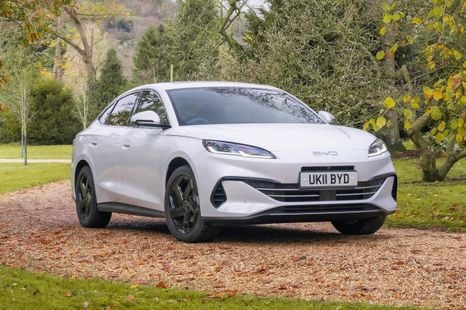

Derek Fung
Global auto sales 2025: BYD, Geely continue climb up the top 10
14 Hours Ago

News Editor
SsangYong looks to have a new owner… again.
Yonhap reports a consortium led by chemical and steel conglomerate KG Group has been approved by the Seoul Bankruptcy Court as SsangYong’s final bidder.
It brings the beleaguered company once step closer to having a new owner.
The consortium, which includes Seoul-based private equity firms Cactus Private Equity and Pavilion Private Equity, beat out a consortium led by underwear company Ssangbangwool.
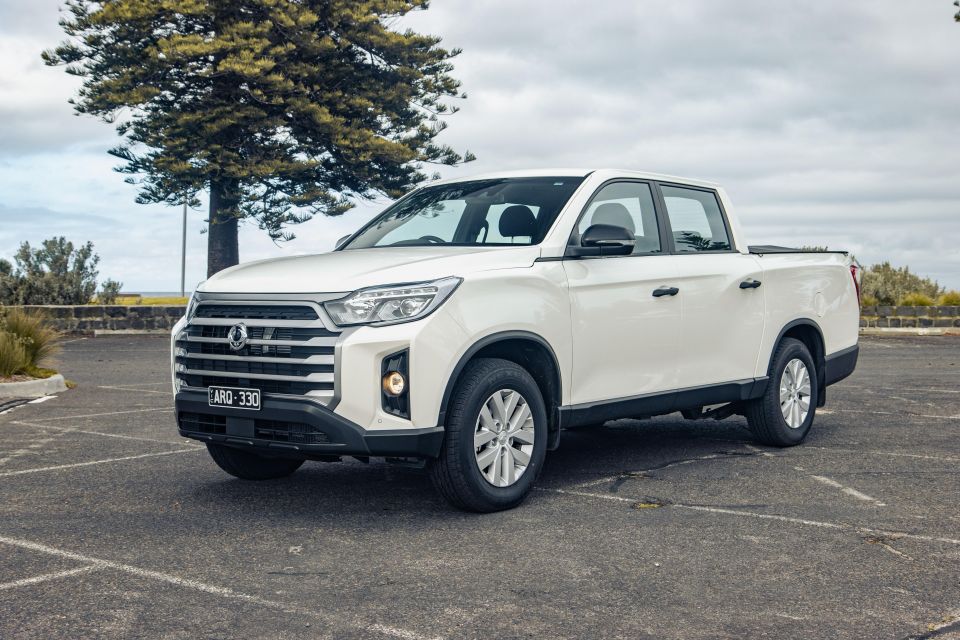
It will reportedly acquire SsangYong for 950 billion won (A$1.06 billion), including 600 billion won (A$671 million) of operating capital.
That’s more than three times the 304.8 billion won that Korean electric bus manufacturer Edison Motors had agreed to pay for SsangYong, before its deal was scuppered following non-payment.
SsangYong is reportedly aiming to sign a deal with the KG Group consortium in early July, before submitting its rehabilitation plan to the court later that month for approval in late August.
The Korea Economic Daily reports the consortium will present the rehabilitation plan to SsangYong’s creditors for approval at a meeting scheduled for late August.
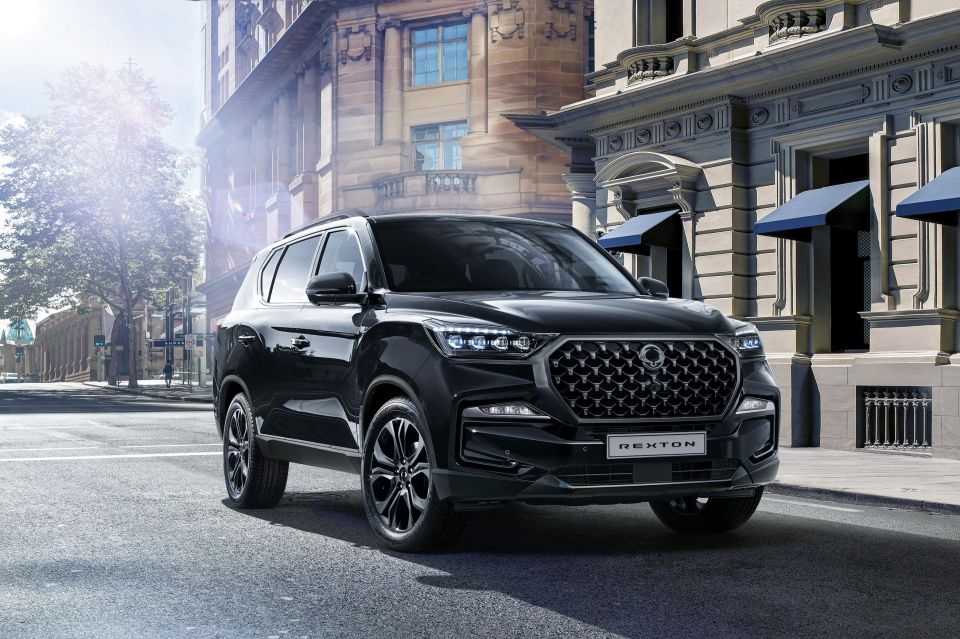
SsangYong has until October 15 to find a new owner and submit a new restructuring plan to the Seoul Bankruptcy Court.
In a statement, the court said it had approved the KG Group consortium based on its acquisition price, fundraising plans and financial status.
The consortium had already been chosen as the preliminary bidder in what’s called a stalking horse bid, where said bidder suggests its price ahead of all the other bidders.
This allowed SsangYong to ask the KG Group to pay a higher price if another company submitted a higher bid.
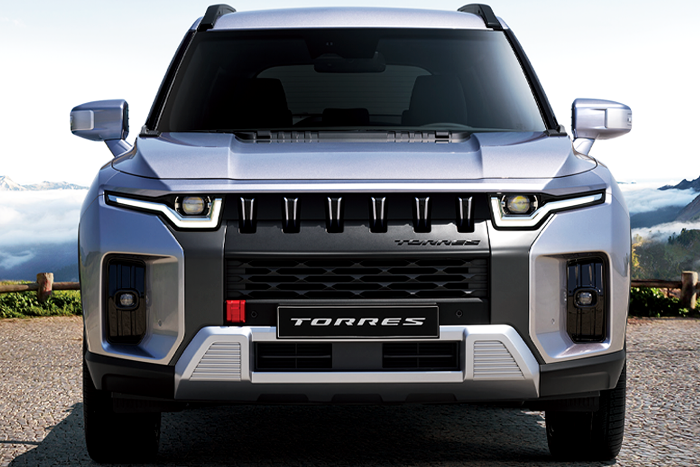
The two companies have a connection. KG Steel, part of KG Group, previously supplied components to SsangYong.
The automaker has said its condition has improved since the merger and acquisition process started in June 2021.
Earlier this month it officially revealed the Torres, a new SUV to slot between the Korando and Rexton.
The Torres will be offered with petrol power at first and an electric powertrain down the line, which will make it SsangYong’s second EV after the Korando e-Motion.
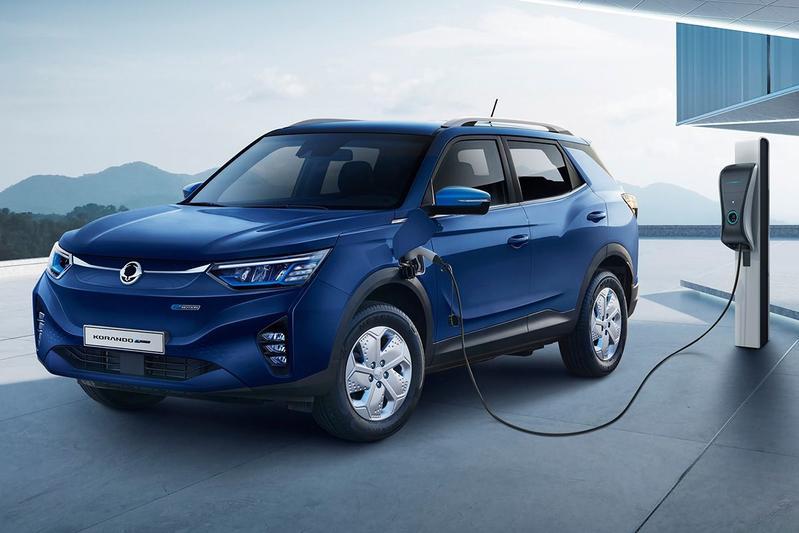
SsangYong is also opening a plant in Saudi Arabia that’ll assemble vehicles from completely knocked down (CKD) kits.
It claims 30,000 additional vehicles will be exported annually following the plant’s construction, set to commence in 2023, while it also says it has 13,000 backorders globally.
For now, SsangYong remains in court receivership after walking away from an acquisition deal with Edison Motors following the electric bus manufacturer’s nonpayment.
That led Edison Motors to ask the court to uphold the deal, but in effect the court ruled the deal was dead.
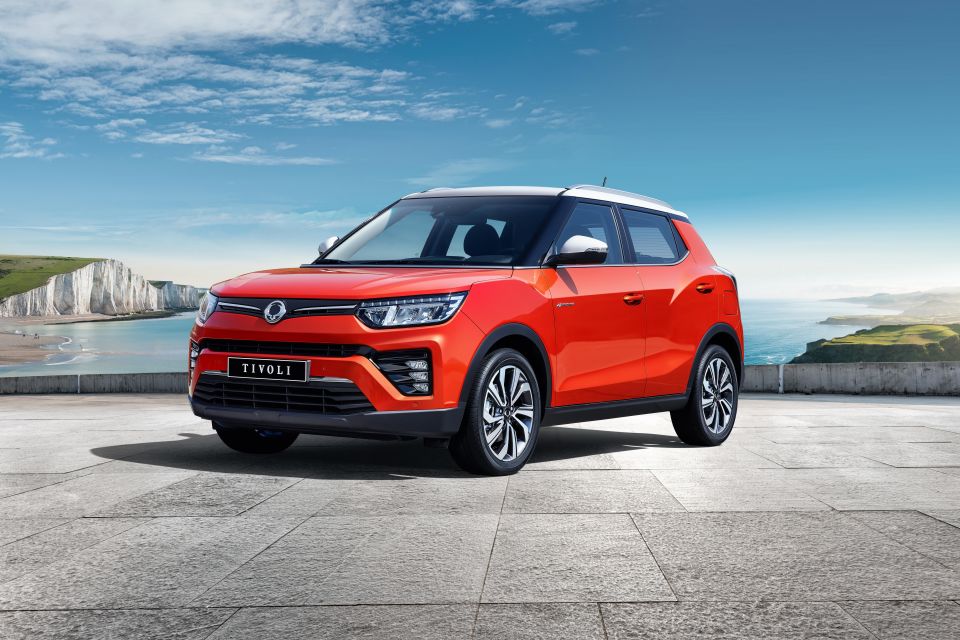
It had already been looking shaky for Edison’s deal, with SsangYong’s creditors rejecting it in objection to the proposed debt restructuring and payment scheme and its labour union opposing it due to concerns about Edison’s viability.
The union reportedly raised concerns Edison Motors didn’t have sufficient electrification technology for use in passenger vehicles and SUVs, despite Edison’s claims it could leverage its technology to shift production of petrol- and diesel-powered models to EVs within months.
SsangYong and Edison had also reportedly been in disagreement about key acquisition issues, such as management rights and the scope of technology sharing.
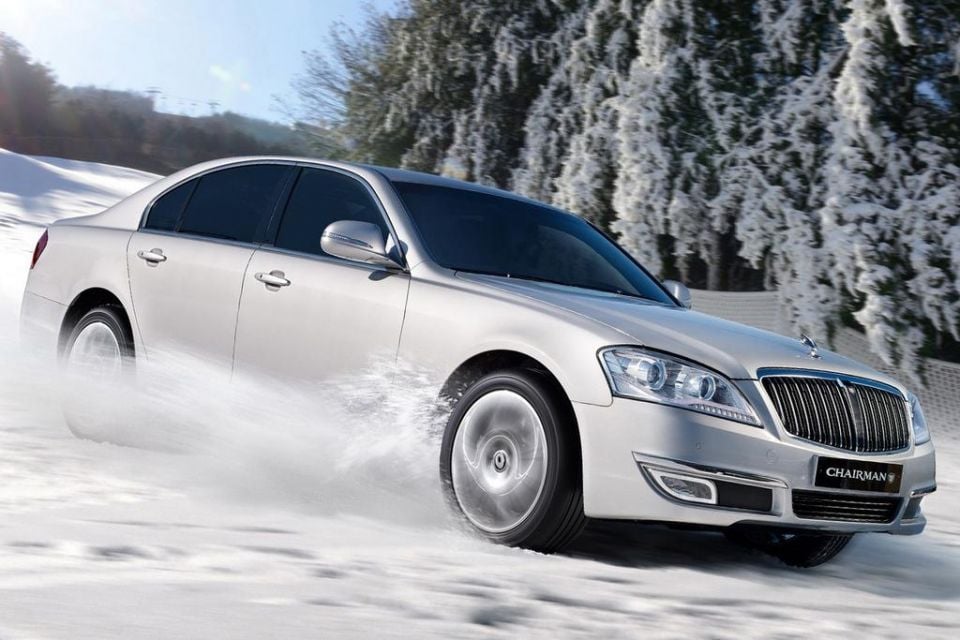
SsangYong has posted losses every year since 2017, recording an operating loss of 260.6 billion won in 2021.
It entered court receivership in April last year, when parent Mahindra & Mahindra said it would no longer fund it and confirmed it wanted to sell its 74.65-per cent stake in it.
That meant SsangYong had to go into court receivership once again in its life, having gone through this process a decade earlier.
SsangYong’s home life has been troubled for years, and it never seems to have a stable parent for long.
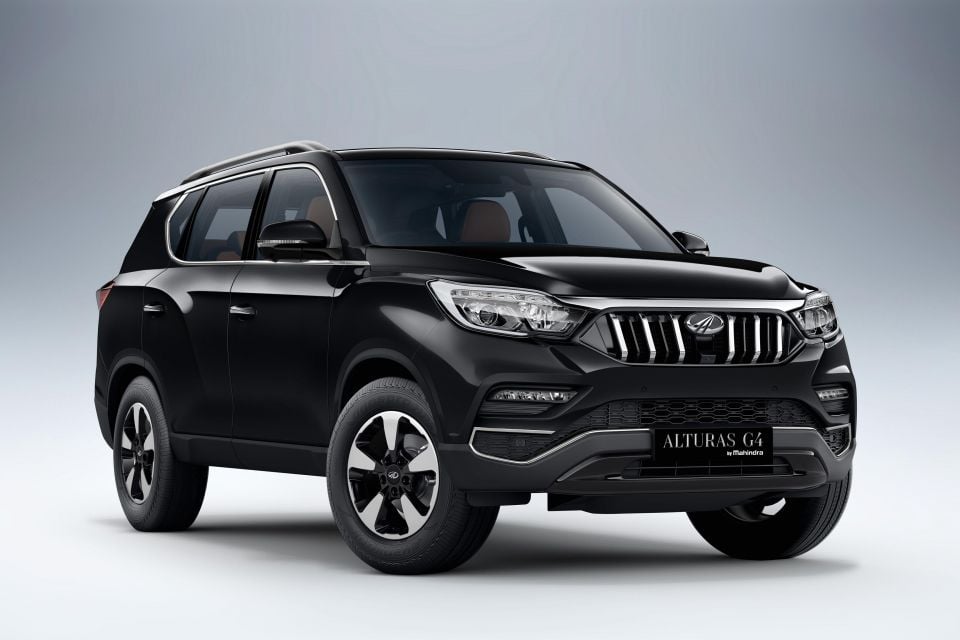
Daewoo bought a controlling stake in the company in 1997, only to offload it in 2000 as it experienced perilous financial woes of its own.
It endured a tumultuous few years under Chinese ownership, with SAIC Motor acquiring 51 per cent in 2004 but walking away in 2009 and leaving it in receivership.
Mahindra & Mahindra was the next parent to adopt SsangYong, acquiring a controlling stake of 70 per cent for 523 billion won in 2011.
It supplemented its Indian-market range with a couple of rebadged SsangYong models, but has largely kept the Mahindra and SsangYong brands separate.
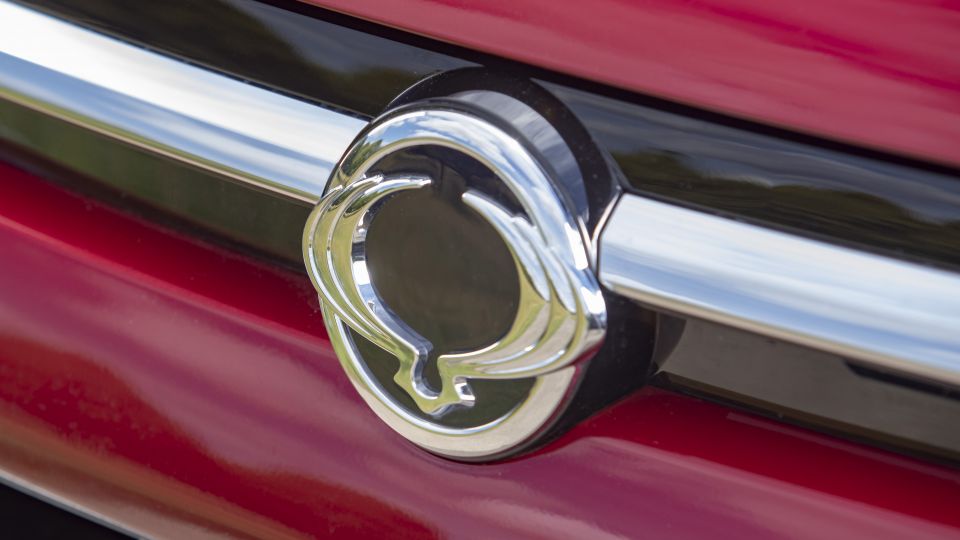
MORE: SsangYong could be acquired by Korean steel company – report MORE: SsangYong attracts four bidders following acquisition deal collapse – report MORE: SsangYong, the history of a brand with an uncertain future MORE: Edison Motors asks court to save SsangYong acquisition deal – report MORE: SsangYong suitor given court’s approval for purchase – report
Go deeper on the cars in our Showroom, compare your options, or see what a great deal looks like with help from our New Car Specialists.
William Stopford is an automotive journalist with a passion for mainstream cars, automotive history and overseas auto markets.


Derek Fung
14 Hours Ago
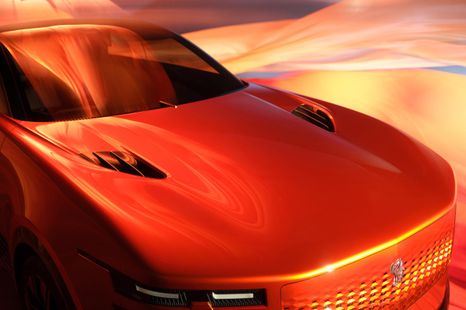

Ben Zachariah
16 Hours Ago


William Stopford
16 Hours Ago
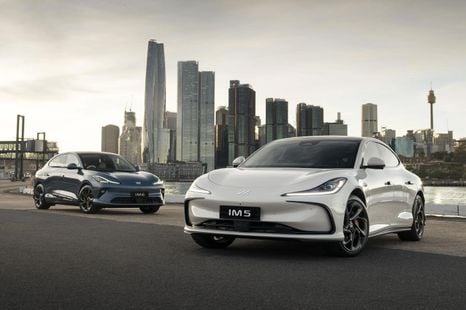

CarExpert
16 Hours Ago


Damion Smy
18 Hours Ago
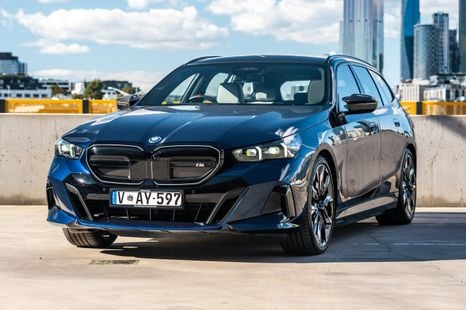

Damion Smy
24 Hours Ago
Add CarExpert as a Preferred Source on Google so your search results prioritise writing by actual experts, not AI.